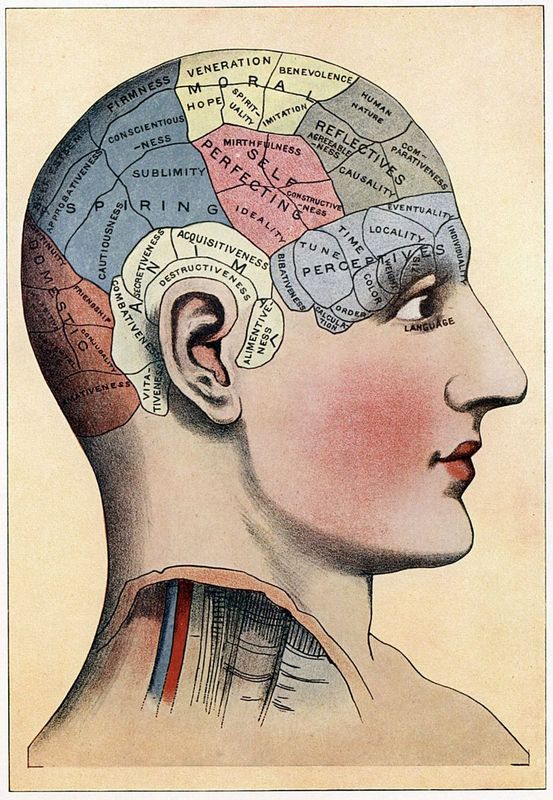
Recently, cognitive scientists have uncovered new evidence revealing that language does in fact influence the way in which we see the things around us. One striking example is evident in the research carried out by social scientists Alice Gaby and Lera Boroditsky. Travelling to Australia, the pair studied the Pormpuraawan Aboriginal community there, whose indigenous languages only refer to space in terms of absolute cardinal directions (as opposed to simply using “left” and “right”). Gaby and Boroditsky carried out an experiment by placing images of temporal progressions, such as a human aging, in front of the Pormpuraawans and asked them to arrange the pictures in the correct order. As opposed to English speakers who arrange time from left to right or Hebrew speakers who arrange time from right to left, the Pormpuraawans arranged time from east to west. In other words, they arranged the pictures from left to right when facing south, and right to left when facing north.
Another way in which language affects our way of thinking, and one that I myself have noticed between switching from English to Spanish, has to do with causality. For example, when describing an accident, English speakers often assign an agent who carries out the action (“Julia broke the glass”). On the other hand, in Spanish and Japanese, speakers would likely say “the glass broke.” These different structures have been proven to have important consequences when it comes to remembering events, and blaming others. For example, in a study carried out at Stanford, where Japanese, Spanish and English speakers were all shown clips of people spilling or breaking things, Japanese and Spanish speakers were less likely to remember who caused accidental events compared to the English speakers.
This research has many important implications in the fields of linguistics and language. Particularly, this shows further evidence of the strong differences in the world’s languages, and the importance of using language experts for any translation needs. Trusted Translations, as a Global Leader in Multilingual Translation Services, has access to hundreds of language experts and is happy to provide you with a Free Quote on your next translation project.





